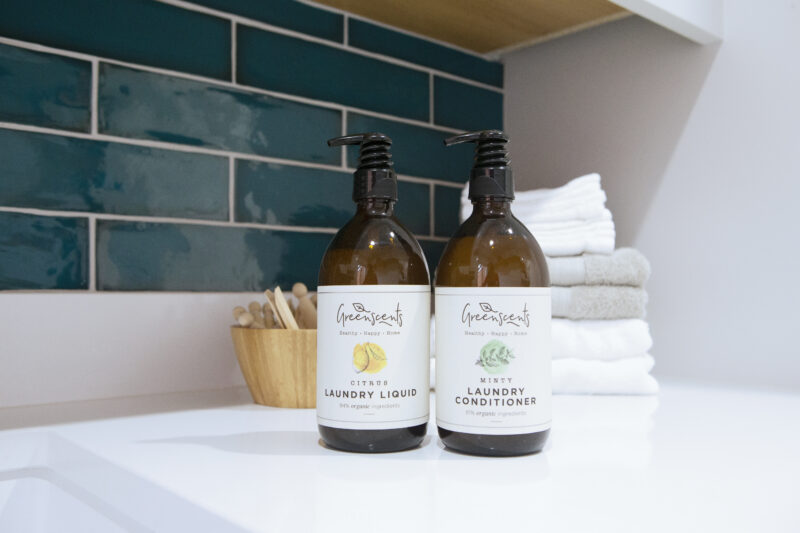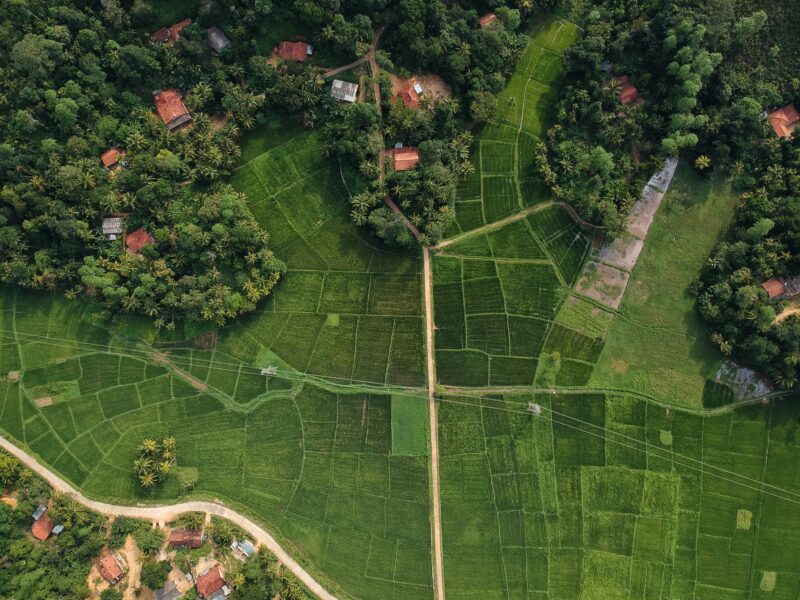Veganism is more than just a lifestyle or diet, it’s a philosophy and an ethic.
By: Heena Shah
The world is changing. Everyday the news graces us with a new epidemic, natural disaster, or economic crisis. In the Age of Information, we have the opportunity to constantly seek truth, and find the real reasons why epidemics are able to spread unchecked. We have the opportunity to find how land use changes and industrialization in one area of the world affects the climate in another. Or how the previous those two in conjunction affect international markets.
We are able to better understand how our everyday habits and paradigms shape the world around us. It also shape us, how we think, how we carry ourselves, and how we view others. People are no longer separated by country boundaries, languages, or religion. In a world that becomes more globalized, we can no longer think as individuals, but we realize that the actions of the individual affects the whole.
So, when new information comes along to bring a new truth, people retweet, share, copy and send that information along to their loved ones and intellectual peers. They share the knowledge, this world’s new wealth, rather than hold it to themselves.
The new veganism
Whether a transitioning vegan, or primarily stick to plant-based whole foods, you have realized the fundamental truth. The truth that a diet without processed foods or animal product is undeniably better for your overall health. We have evolved from the ages of The Jungle or FOOD Inc. They scaring the consumer senseless, albeit rightfully, of the morally heinous and health-adverse motions of the animal industry supply chain.
Science has proven that a plant-based diet can both provide us with all the nutrients we need to live a healthy life. And it can also resolve chronic ailments, reduce the chances of premature death via diabetes or heart disease. It can even fuel some of the world’s most successful and badass athletes.
Embrace of a new lifestyle
The public has been able to see past the rhetoric of the food industry business. Falsely promising health and wellness from hormone-infused animal sources of protein and dairy. But the public is starting to ideologically embrace the idea of treating plant-based as a lifestyle.
It is the moral obligation of the consumer to shop with the interest of the whole in mind. And more people are starting to see it that way. It is starting to seeping into what the consumers put into their bodies. And it is seeping into what people are putting into their homes, wearing on their bodies, or giving to others.
This wealth of information is only valuable the more people believe it. Eco-conscious goods are only available in the market if there is demand. So the more this information is spread and re-proven, the more people support it and live by it themselves. Given the fervor of the movement, whether it be from bias of climate change activists, nutritionists, or the common consumer, there has been no room for shaming those who are not privy to the same information or “woke” to this way of living.
This new wave of veganism is not just a holistic philosophy, but it is one that has allowed all peoples from all backgrounds to come together and affect healthy change in themselves and in this world.
Sources:
https://www.pcrm.org/news/health-nutrition/vegan-diets-reduce-risk-chronic-disease
https://www.ncbi.nlm.nih.gov/pubmed/19166134
https://vegnews.com/2018/1/10-reasons-new-vegan-documentary-the-game-changers-will-literally-change-every-game
https://www.businessinsider.com/vegan-athletes-and-why-they-changed-their-diet-11




